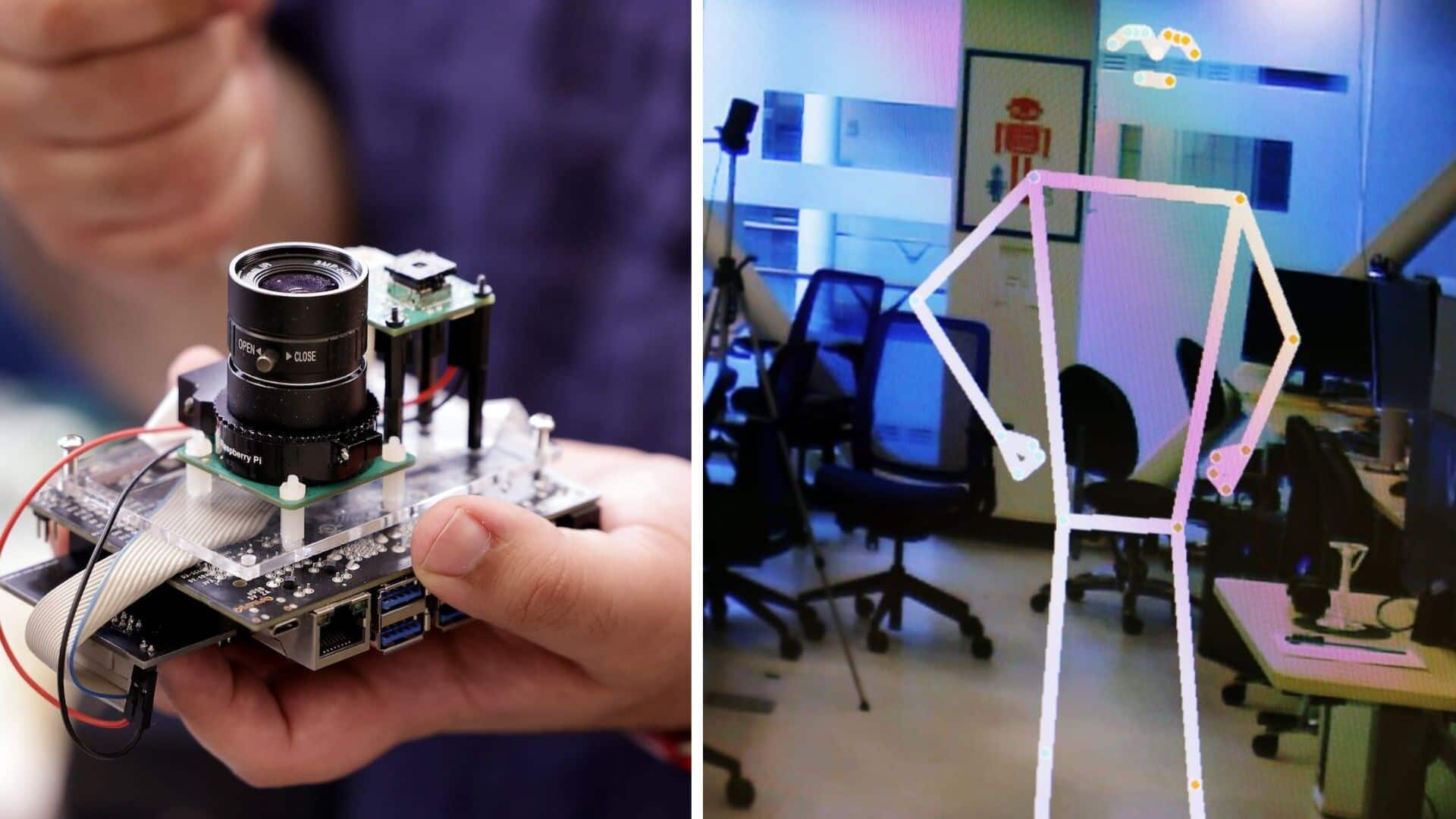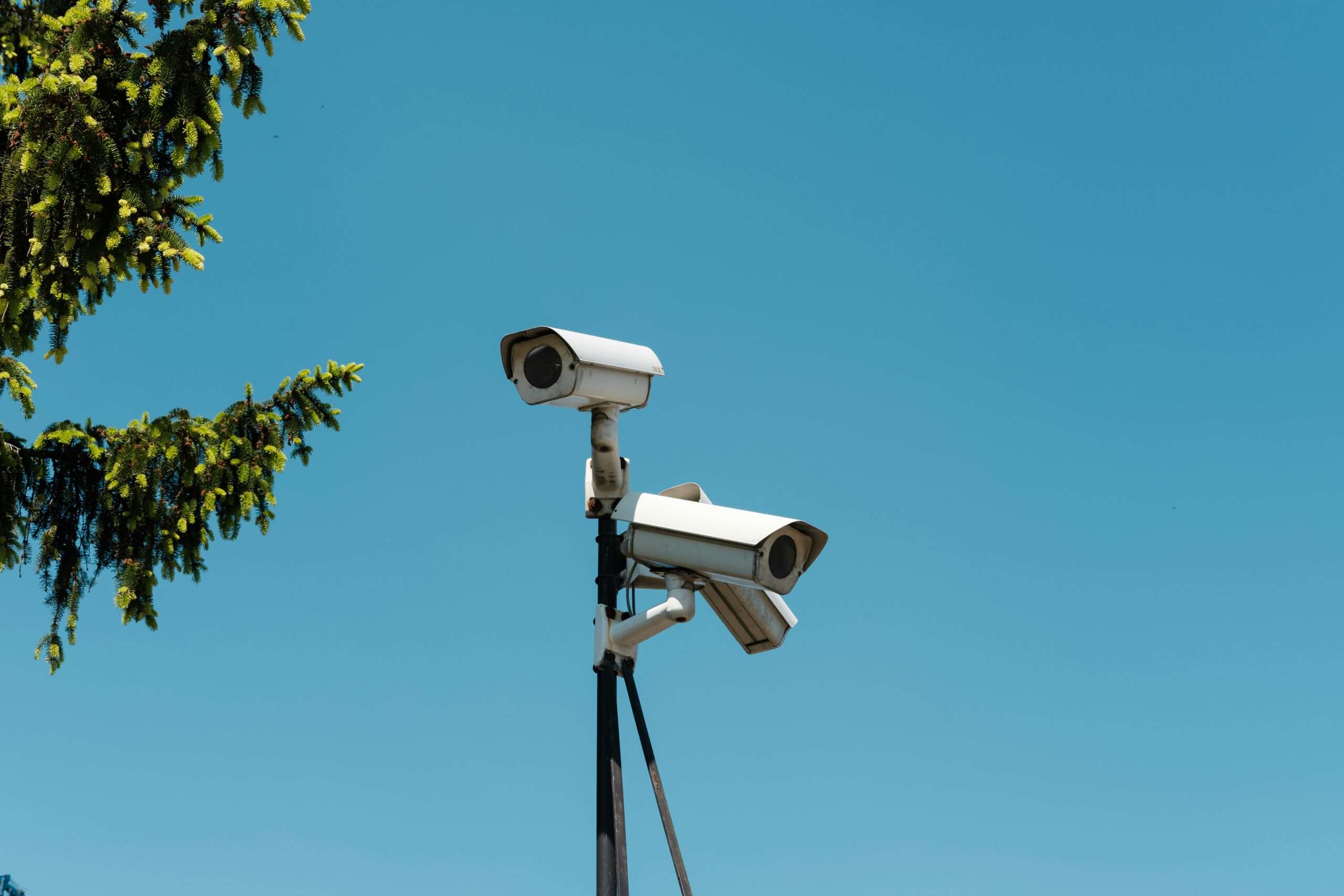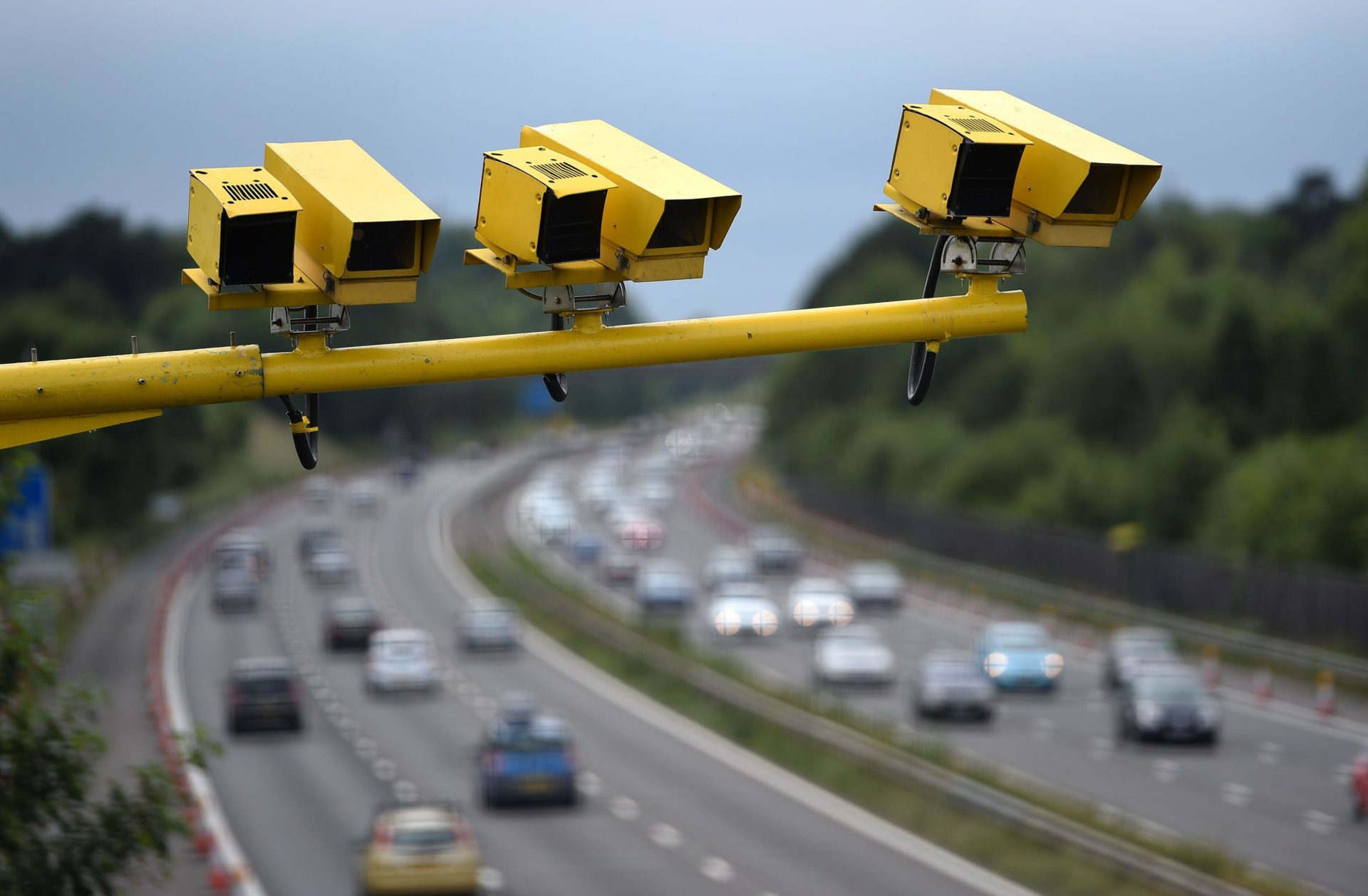
Was a long read? Making it simpler…
What’s the story
Engineers at the University of Michigan have developed a groundbreaking camera technology, dubbed PrivacyLens, designed to bolster personal privacy protection in the era of smart home devices.
The innovative technology aims to mitigate risks associated with identifiable photos and videos, captured by smart home cameras and robotic vacuums.
Utilizing a dual-camera system that comprises a standard video camera and a heat-sensing snapper, PrivacyLens can identify individuals and replace their likeness with generic stick figures, that accurately reflect their movements.
Addressing data privacy concerns in smart devices
“Most consumers do not think about what happens to the data collected by their favorite smart home devices,” said Alanson Sample, associate professor of computer science and engineering at the university.
Sample highlighted that raw audio, pictures, and videos are often streamed off these devices to manufacturers’ cloud-based servers, regardless of whether the data is needed for the end application.
PrivacyLens aims to tackle such issues of private moments being inadvertently captured and shared online.
A potential game-changer in healthcare sector
One significant application of PrivacyLens is in the healthcare sector, where cameras are utilized to monitor chronic health conditions and fitness routines at home.
The technology ensures that raw pictures are never stored on the device or in the cloud, providing robust privacy protection.
“Cameras provide rich information to monitor health,” said Yasha Iravantchi, a doctoral student in computer science and engineering.
Iravantchi added that sans privacy mitigations, people must weigh giving up their privacy for good chronic care.
User comfort and customizable privacy settings
An initial survey conducted by the team revealed that using animated stick figures instead of real pictures, made people more comfortable with having cameras in their homes.
Furthermore, PrivacyLens includes a sliding privacy scale, permitting users to control how much of their faces/bodies are censored.
“Our survey suggested that people might feel comfortable only blurring their face when in the kitchen, but in other parts of the home they may want their whole body removed from the image,” Sample explained.
Potential applications in public spaces
Beyond personal use, PrivacyLens has significant potential in public spaces.
It could prevent autonomous vehicles from becoming surveillance tools and assist firms collecting data with outdoor cameras, to comply with privacy laws and regulations.
“There’s a wide range of tasks where we want to know when people are present and what they are doing, but capturing their identity isn’t helpful in performing the task. So why risk it?” Iravantchi said.
link






